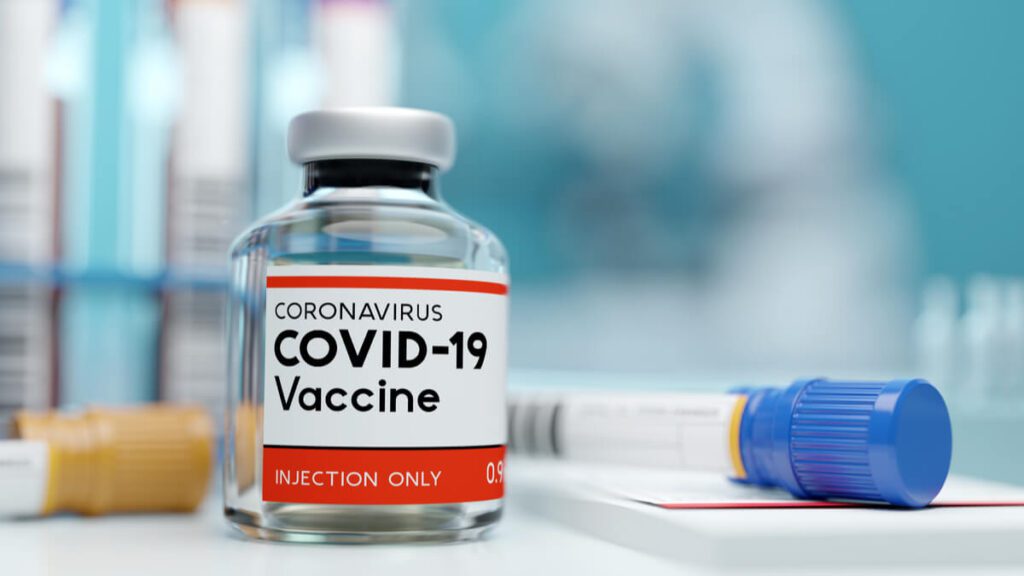
Earlier last month, Russian President Vladamir Putin shocked the scientific community when he claimed that Russian authorities had approved the world’s first COVID-19 vaccine, dubbed Gam-COVID-Vac. This was despite the fact that no specific data had been published regarding the COVID-19 vaccine safety or efficacy, and furthermore, no large scale trials were completed.
Now, the highly anticipated safety and immunity data of two initial early phase clinical trials have been published in the Lancet medical journal and experts have been quick to offer their opinions on the data.
The trials of the COVID-19 vaccine (Gam-COVID-19 NCT04436471 and NCT04437875) that were conducted earlier this year in June, employed a sample cohort of 76 healthy individuals, ages varying from 18-60 years old. Both samples were non-randomized 42-day long trials
The results of the trial were published in The Lancet, and they indicate that the COVID-19 vaccine has been well tolerated, and produced cellular and humoral immune responses in the chosen sample. 100 percent of the sample developed an antibody response to Coronavirus, and were even presented with mean antibody titres that measured exceptionally higher than the samples that were obtained from patients that recovered from Coronavirus.
The scientific community holds a general response that these results are promising and encouraging, although some concerns have been raised regarding the size of the trials.
Senior lecturer at the SPRU (Science Policy Research Unit), University of Sussex, Dr. Ohid Yaqub commented about another possible flaw in the design of the trials, which is the lack of randomization. He said “Normally, such a study would be the basis for debating whether to proceed into larger trials and the costs that entails.”
However, Russian authorities had made previous statements regarding the next steps for the COVID-19 vaccine, and they were quite ambiguous. Yaqub mentioned that when it comes to regulatory approval, size and design of a Phase I/II study are nowhere near sufficient to be recognized as standards for wide scale approval. As the study was not randomized and was not large enough to detect rare safety issues.
Senior research fellow in global health at the University of Southampton, Michael Head seems to agree with what Dr. Yaqub has to say. Head is aiming for transparency when it comes to the COVID-19 vaccine development and deployment on a global scale, he mentions this is specifically important given the possible impact of vaccine hesitancy.